Funded through the Ministry of Business, Innovation and Employment's Endeavour Fund 2017-2022, this research programme will support innovative and sustainable strategies to:
- extend working lives
- enable workforce contribution by unemployed or under-employed older New Zealanders.
It was developed by the Health and Ageing Research Team through engagement with government and business stakeholders and the team’s Māori Advisory Group.
Read more about the Health and Ageing Research Team
Why this research matters
As the proportion of older people in Aotearoa New Zealand grows, a need for older people to remain in the workforce for longer is highlighted.
While most developed countries are struggling with the issue of supporting longer working lives, Aotearoa is poised to lead the world in realising the benefits of an ageing population.
But many people in Aotearoa aged 55 and over are unemployed or underemployed. Others wish to work beyond age 65.
Maximising workforce participation by older workers will provide a "triple dividend" for New Zealand with the potential to:
- benefit the economy by reducing social expenditure for early workforce exit while increasing revenue from taxes
- benefit business by moderating the impact of demographic change on the labour market
- help older workers through improved wealth and wellbeing.
Methodology
To provide a comprehensive solution to the research question we will use a complex research design which includes five specific research aims.
Methods include:
- surveying a longitudinal cohort
- business case studies
- kaupapa Māori research
- interviews to address four areas of key important for enabling older workers' workforce engagement.
Work and caregiving
Experiences of older persons who are juggling work and care responsibilities will be examined through longitudinal survey and interview methods to examine how these are influenced at the individual, organisational and policy levels.
Entrepreneurship
The experiences and barriers to entrepreneurship among older persons will be examined through interviewing networks of older entrepreneurs and a group of kaumātua entrepreneurs.
Experiences of older workers
Health, social, demographic and work-related experiences and beliefs or older persons who are employed, under-employed and unemployed will be surveyed to identify factors impacting workforce participation over time.
Business and employers
Case studies with business and employers will be conducted to employment of older workers and describe best practice for maintaining and enhancing their participation.
Outcomes and outputs
This research will contribute directly to policy development and employer practices to enable older people to:
- engage productively in the workforce
- contribute to the economy
- realise the benefits of an ageing population.
In partnership with stakeholders we will develop:
- evidence-based tools
- workshop materials
- management strategies.
These can be used by policy analysts, employers, older workers and the wider public.
Key outputs
The following outputs will be developed through the research programme.
- Longitudinal self reported surveys of over 5000 older Kiwis.
- Qualitative interviews with older entrepreneurs.
- Longitudinal qualitative interviews with caregivers.
- Business case studies.
Webinars and newsletters
Access our latest webinar recording or download our most recent newsletters for stakeholders. You can also contact us for access to earlier stakeholder communications.
We host webinars to get input from stakeholders twice a year and:
- share findings
- ask and answer questions
- consult on methods for translating and sharing conclusions.
How to participate
Contributing stakeholders who have contacted us will get an email invitation to view and participate in webinars on Zoom at least a month before the event.
If you are not a contributing stakeholder and want to join, contact the Health and Ageing Research Team.
Latest webinar
Senior Entrepreneurship in Aotearoa New Zealand (hosted by Department of Management, University of Otago) – May 2022.
Latest newsletter
Contributing stakeholders
We are grateful to the following stakeholders who have agreed to engage in our programme of research.
We update our stakeholders with project progress, findings and outputs in a biannual newsletter. Our stakeholders also support us with translating conclusions into evidence-based practice in our webinar series.
| Organisation name | Organisation website |
|---|---|
| BusinessNZ | www.businessnz.org.nz |
| Employers and Manufacturers Association Northern Inc | www.ema.co.nz |
| Ministry for Social Development | www.msd.govt.nz |
| Ministry for Social Development - Older People’s Policy Unit | www.superseniors.msd.govt.nz |
| Ministry for Social Development - Office for Seniors | www.msd.govt.nz/what-we-can-do/seniorcitizens/index.html |
| NZ Council of Trade Unions | www.union.org.nz |
| HT Group | www.htgroup.co.nz |
| Federation of Maori Authorities (FOMA) | www.foma.org.nz |
| Human Rights Commission | www.hrc.co.nz |
| Age Concern | www.ageconcern.org.nz |
| State Services Commission | www.ssc.govt.nz |
| Commission for Financial Capability | retirement.govt.nz |
| Horowhenua District Council | www.horowhenua.govt.nz |
| Ministry of Health: Healthy Ageing | www.health.govt.nz/our-work/life-stages/health-older-people |
| Accident Compensation Corporation (ACC) | www.acc.co.nz |
| Tertiary Education Commission | www.tec.govt.nz |
| Human Resources Institute of New Zealand | www.hrinz.org.nz |
| Grey Power | greypower.co.nz |
| NZ Treasury | www.treasury.govt.nz |
| Local Government New Zealand | www.lgnz.co.nz |
Research team
Our interdisciplinary team has extensive experience leading large projects. We also draw on the expertise of leading international collaborators and New Zealand government and business stakeholders.
The team leaders, Professor Christine Stephens and Professor Fiona Alpass, have a strong record of excellent research and implementation in ageing. They also contribute a network of international collaborators in this research field.
Team members
Meet the members of our team.
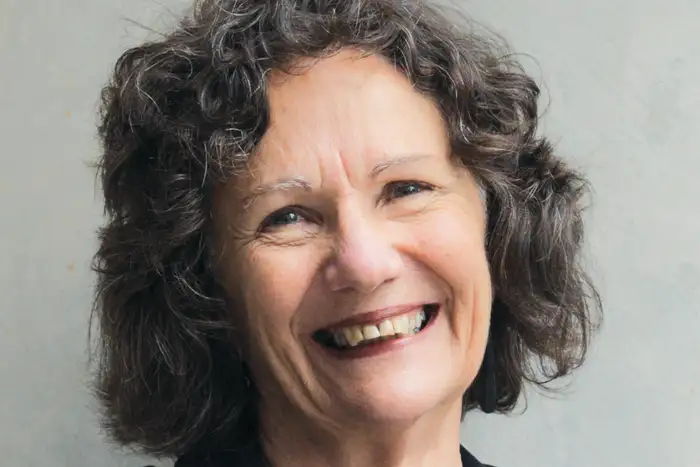
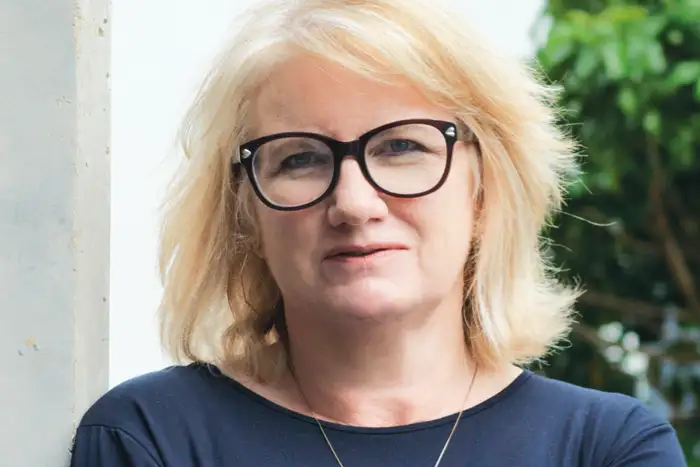
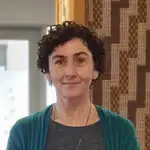
Associate Professor Mary Breheny
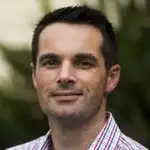
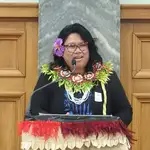
Dr Siautu Alefaio-Tugia
Dr Alefaio-Tugia is a Global Fellow of the Center for Human Rights & Humanitarian Studies at Brown University, and a Rutherford Discovery Fellow. She is an experienced psychologist practitioner and a scholar-practitioner who combines extensive practice and academic experience to re-inform psychology from Pacific-Indigenous knowledge frameworks.
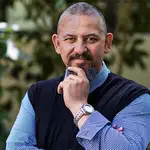
Associate Professor Jason Mika

Dr Brendan Stevenson

Dr Joanne Allen

Mr Geoff Pearman
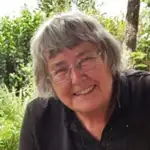
Dr Judith Davey

Dr Sally Keeling
International Advisory Group
Dr Norah Keating: Professor of Rural Ageing, Swansea University.
Dr Judith Phillips: Deputy Principal (Research) at the University of Stirling and Professor of Gerontology.
Dr Sue Yeandle: Professor of Sociology and Director of CIRCLE (Centre for International Research on Care, Labour & Equalities) at the University of Sheffield.
Dr Philip Taylor: Professor of Human Resource Management at Federation University, Australia.
Dr Jeroen Spijker: “Ramón y Cajal” research fellow at the Center for Demographic Studies (CED), Barcelona.
Dr Kate O'Loughlin: Associate Professor, Faculty of Health Sciences, University of Sydney, and member of the Ageing, Work and Health Research Unit.
Dr Sarah Vickerstaff: Professor, School of Social Policy, Sociology and Social Research, University of Kent.
Dr Áine Ní Léime: Marie Sklodowska-Curie International Outgoing Fellow, Irish Centre for Social Gerontology, NUI Galway, currently located at the Department of Sociology at Case Western Reserve University.
Dr Jacquelyn B. James: Research Professor and Co-director Center on Aging & Work, Boston College, and director of the Sloan Research Network on Aging & Work.
Dr Martin Hyde: Associate Professor in Gerontology, Centre for Innovative Ageing, Swansea University.
Dr Vanessa Burholt: Professor and Director of the Centre for Innovative Ageing, Swansea University, and Director of the pan-Wales Centre for Ageing and Dementia Research.
Dr Patrick Dulin: Professor,Department of Psychology, University of Alaska
Dr Martijn Huisman: Associate Professor and scientific director of the Longitudinal Ageing Study Amsterdam (LASA) with the VU University Medical Center, Department of Epidemiology and Biostatistics, Amsterdam, and research coordinator of the Amsterdam Center on Aging (ACA).